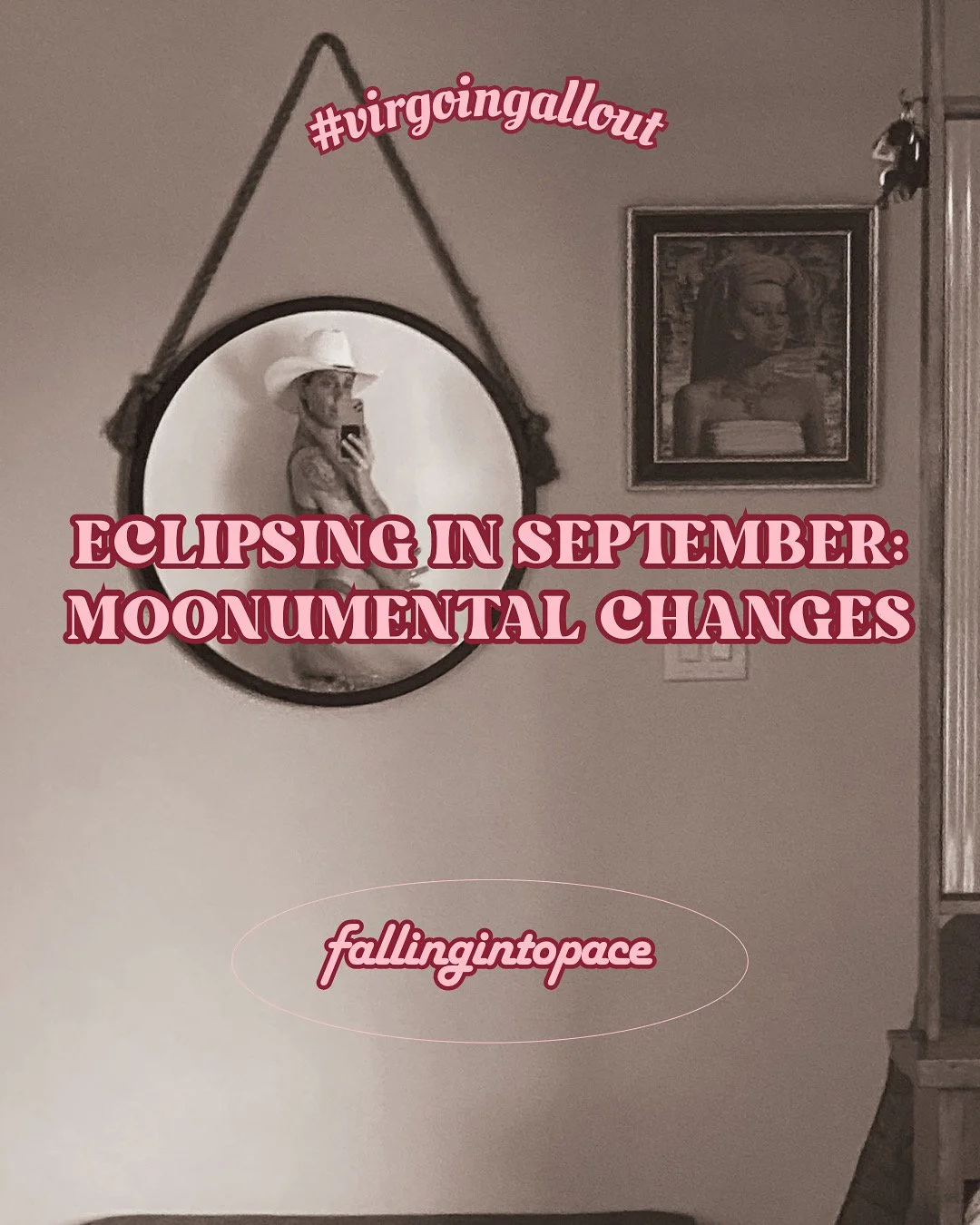While Christmas is often associated with Western traditions, its underlying themes and symbolism are shared across many cultures and faiths. Growing up in a small, conservative town, I experienced the societal expectations and generational influences that shaped our family's Christmas celebrations. My mom, a single parent, went all out to create a magical and loving atmosphere. However, as I grew older, I began to realize the dark side of commercialization that had crept into our holiday traditions.
The emphasis on buying, consuming, and accumulating has distracted us from the true essence of this time of year, which is rooted in the feminine principles of nurturing, compassion, rest, reflection, and love. As we celebrate, let's remember the forgotten history of Christmas, which is a blend of pre-Christian, ancient pagan traditions, Norse, early Christian practices, and modern cultural influences. The hidden messages behind societal norms can be shocking. Beneath the surface of Christmas lies a darker history, involving human sacrifice, role-reversals, and the exchange of "gifts" that symbolized dominance.
When decorating a tree, are you honoring paganism, the wise women who originated this act, or the complex history behind it? As I celebrate the winter solstice, I'm reminded that celebrations should reflect our personal truth, values, and connections. Rather than conforming to external expectations, I'm committed to creating space for authentic expression and meaningful connection. For me, celebrating Yule is about reconnecting with my Scandinavian, Celtic, German, Norse, and pagan heritage. The last names McGrath 🇮🇪, Kofoed 🇩🇰, Fichter 🇩🇪, and Funkee 🇷🇺 shape my roots and that is just my grandparents, as I dove into their parents of course it expands. I feel comfortable, more whole, grounded, and a huge void in my being filled as I continue to connect, research, honour, and learn from their experiences, mistakes, hardship, wisdom, etc.
The amount of times I was asked about this growing up, or obvious signs were coming from the universe nudging me to learn more — comments that were bypassed just validating how much dissociation has occurred between the generations. The lack of knowledge willing to be shared, passed down and real vulnerability from family and as a result unhealthy patterns, cycles, health issues, etc repeat that could be prevented!
Embracing Mindfulness in Celebration
As we move forward, let's cultivate mindfulness in our day-to-day lives and celebrations. It's time to delve deeper into the history and significance of the holidays, seasons, celebrations, lifestyles, etc we observe. By doing so, we'll gain a profound understanding of our human experience and the natural world around us.
Igniting Curiosity and Inner Wisdom
Let's spark our curiosity and ignite our desire to know and understand the true essence of our celebrations. As we explore the origins and symbolism behind our holidays, we'll tap into our inner wisdom and intuition.
The rebranding of the winter solstice festival as a Christian holiday, Christmas, is attributed to several key figures and events in history.
#Early Christian Church Fathers
1. *Pope Julius I (337-352 AD)*: Pope Julius I chose December 25 as the date for celebrating Jesus' birth, coinciding with the existing Roman festival of Sol Invictus (Unconquered Sun).
2. *St. Augustine of Hippo (354-430 AD)*: St. Augustine, a prominent Christian theologian, helped popularize the celebration of Jesus' birth on December 25.
#Roman Empire and Christianity
1. *Emperor Constantine (306-337 AD)*: Constantine, the Roman Emperor who converted to Christianity, played a significant role in establishing Christianity as a dominant force in the Roman Empire. His conversion paved the way for the Christianization of existing festivals.
2. *The Council of Nicaea (325 AD)*: The Council of Nicaea, convened by Emperor Constantine, marked a significant turning point in the development of Christianity. The council established the Nicene Creed, which solidified the Christian doctrine and facilitated the spread of Christianity throughout the Roman Empire.
#Germanic and Norse Influence
1. *Missionaries and Christianization*: As Christianity spread throughout Northern Europe, missionaries and Christian leaders incorporated elements of the existing Yule festival into the celebration of Christmas. This blending of traditions helped to establish Christmas as a distinctively Christian holiday.
Christmas, as we know it today, was established in the 4th century CE. However, the early Christian church celebrated the Epiphany (January 6), which commemorated the visit of the Magi to Jesus, as the primary holiday.
In 336 CE, the Roman Emperor Constantine, who had converted to Christianity, declared December 25 to be a day of celebration in honor of Jesus' birth. This date coincided with the existing Roman festival of Sol Invictus (Unconquered Sun) and the Germanic festival of Yule.
Over time, Christmas evolved and absorbed many of the traditions and customs of the pre-existing festivals, eventually becoming the holiday we know and celebrate today.
These historical figures and events contributed to the transformation of the winter solstice festival into the Christian holiday we know today as Christmas.
Transforming Energy for the Better
This journey of discovery has the power to transform our energy and align us with our highest potential. By embracing mindfulness and curiosity, we'll create a ripple effect of positivity that can impact our lives and the world around us.
Embark on this journey of self-discovery and celebration, and watch how it can profoundly shift your perspective and connection to the world.Let's honor the universal themes that unite us across cultures and faiths: love and compassion, light and renewal, community and connection, spirituality, and wonder. Understand the Christ Consciousness – a symbol of love, kindness, and unity – while acknowledging the diverse cultural heritage that has shaped our celebrations.
As we flow through this season, let's remember our origins, our lineages, and that we're part of a larger tapestry of cultures and traditions that share a common spirit of love, unity, and celebration. May our days be filled with joy, compassion, and a deep connection to the universal themes and symbolism that unite us.
Wishing you a mindful, joyous, inclusive season.
PS.
This blog barely made it out the door, it stirred up a lot, as energy shifted we faced unexpected challenges this year. Despite the turmoil, we've persevered, navigating significant changes and resisting the pull of old patterns. The dynamics of the light and dark, the dichotomy of this complex human experience ❄️🌶️😭🤣🤯😘
Against all odds, our fam has remained committed to creating joyful experiences for the children that resonate and align so much more with our lifestyle, origins, and values — In fact, the kids have been instrumental in helping us break free from the status quo and establish a healthier foundation ( as we work towards providing what we wish ourselves, parents, etc had received spiritually, mentally, emotionally, and physically ) #intergenerationalhealing
Together, we're fostering nurturing environments, providing essential resources, and equipping them with vital skills for their development. It's been a wild journey, as it should be and we're rising above, the kids keep blowing our minds, pulling us into the present, they are our heartbeat and reason we work through the uncomfortable times.































